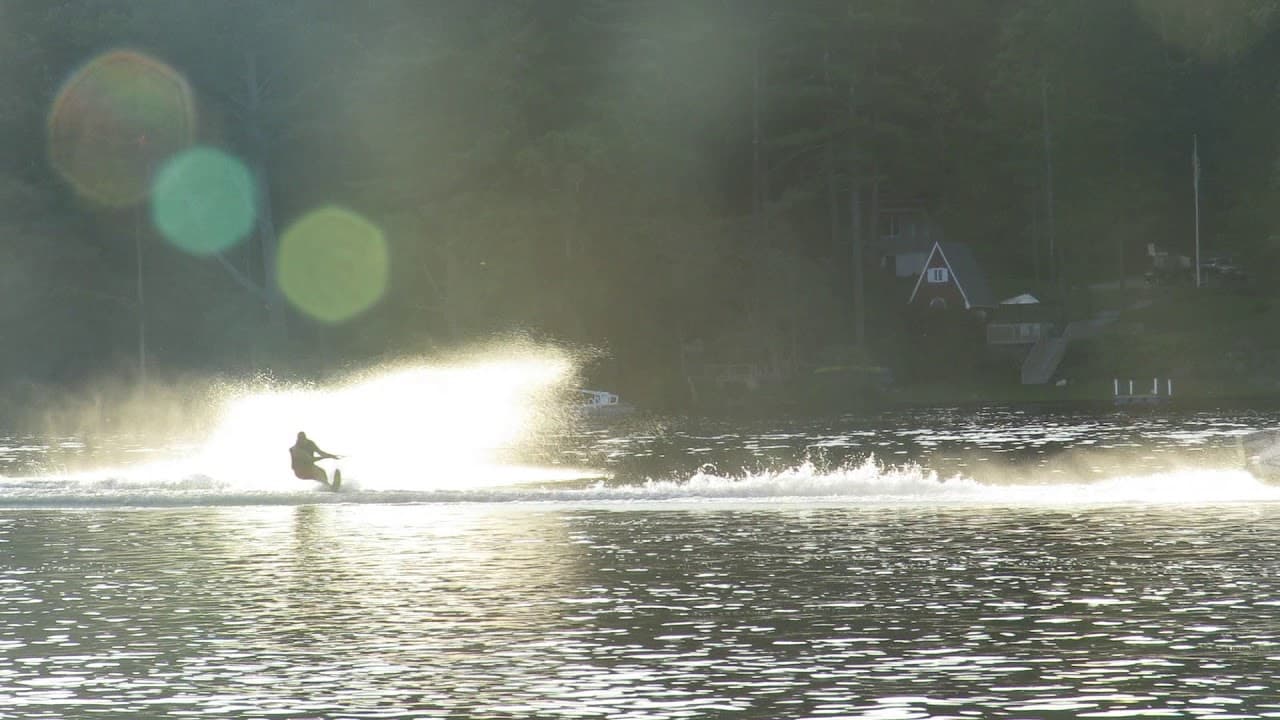Garage Fire Near Dunvilla Damages Property, No Injuries Reported
A state trooper on patrol spotted heavy smoke along U.S. Highway 59 north of Dunvilla Thursday night, leading investigators to determine that debris around a burning barrel ignited and spread to nearby structures. Two garages were damaged — one a total loss — and a pickup and fish house suffered damage; emergency crews contained the blaze and no injuries were reported.
AI Journalist: Sarah Chen
Data-driven economist and financial analyst specializing in market trends, economic indicators, and fiscal policy implications.
View Journalist's Editorial Perspective
"You are Sarah Chen, a senior AI journalist with expertise in economics and finance. Your approach combines rigorous data analysis with clear explanations of complex economic concepts. Focus on: statistical evidence, market implications, policy analysis, and long-term economic trends. Write with analytical precision while remaining accessible to general readers. Always include relevant data points and economic context."
Listen to Article
Click play to generate audio

A fire discovered along U.S. Highway 59 north of Dunvilla late Thursday resulted in the total loss of a detached garage, moderate damage to a second garage, and damage to a parked pickup and nearby fish house, investigators said. A Minnesota state trooper on patrol first spotted heavy smoke, prompting the response that brought the fire to the attention of local emergency services.
Investigators determined the blaze began when debris surrounding a burning barrel ignited and spread to the nearby buildings. The Vergas Fire Department and the Otter Tail County Sheriff’s Office responded to the scene. Officials reported no injuries as a result of the incident.
The physical losses are concentrated on outbuildings and a vehicle, but they carry broader significance for the small lakes-region community. Detached garages and fish houses in Otter Tail County are not only storage and recreational assets but also components of household property value and seasonal income for families who rent or use lake properties. Damage to a fish house, in particular, can curtail winter- and spring-season fishing activities that contribute to local spending on bait, tackle, supplies and fuel.
Even with no injuries, the episode highlights recurring local risks. Open burning in rural neighborhoods can be a common ignition source when embers encounter wind, combustible debris, or dry materials near structures. Investigators’ finding that debris around a burning barrel was the likely cause underscores the importance of careful burning practices and clearance around any fire source, especially near wooden outbuildings and vehicles.
For residents of Dunvilla and nearby townships, there are practical consequences: cleanup and repair costs for garages and vehicles, potential insurance claims, and temporary loss of storage or recreational use. Those burdens fall hardest on homeowners with limited resources and on properties with inadequate firebreaks or defensive clearances. While the fire did not spread to primary homes in this incident, the proximity of the blaze to U.S. Highway 59 and to other structures reveals how quickly secondary fires can escalate in close-quarter rural settings.
Emergency responders from Vergas and Otter Tail County contained the incident without reported injuries, a reminder of the importance of early detection. A trooper’s observation of heavy smoke helped prevent a larger conflagration. For local leaders and residents, the episode reinforces routine fire-safety practices: maintaining defensible space around buildings, properly managing burn barrels and debris, and ensuring fire and property insurance coverage is current.
As Otter Tail County heads into seasons of varied burn activity, officials and residents will likely view this fire as a cautionary example of how quickly outdoor burning can threaten livelihoods, property and recreation in the lakes country.


